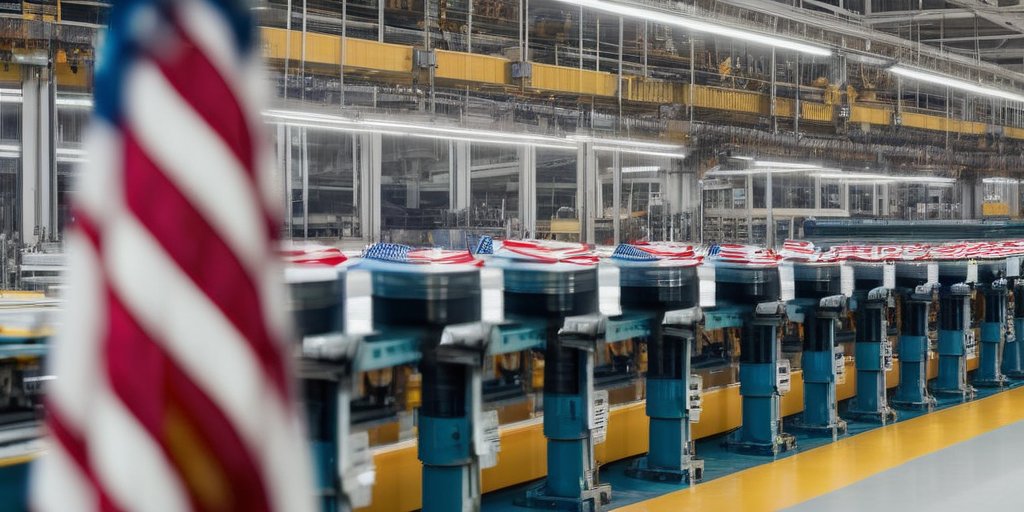In a significant proclamation on March 26, 2025, President Donald Trump has declared a 25% tariff on all imports of passenger vehicles and certain automobile parts, echoing longstanding concerns regarding national security and the domestic automotive industry’s stability. This decision stems from a March 2019 report by the Secretary of Commerce detailing how excessive imports threaten U.S. national security by undermining domestic manufacturing capabilities and creating vulnerabilities in supply chains.
Trump based his proclamation on escalating national security threats, stating, “The COVID-19 pandemic exposed critical vulnerabilities and choke points in global supply chains,” which have further weakened American automotive manufacturers. He pointed out that currently, only about half of the vehicles sold domestically are produced in the U.S., which indicates a significant decline in the nation’s industrial base. This decline poses a clear risk to national security, according to the President.
The proclamation highlights a series of ongoing challenges that his administration believes have negatively impacted the ability of U.S. automotive manufacturers to compete. These challenges include labor shortages, supply chain disruptions, and the ramifications of unfair practices by foreign competitors, especially those benefiting from substantial subsidies and aggressive industrial policies. Trump noted that despite previous trade agreements like the USMCA and changes to the United States-Korea Free Trade Agreement, substantial progress had not been achieved to alleviate these security concerns.
As a response, the proclamation imposes a 25% tariff on all relevant automobile imports, effective from April 3, 2025. To prevent circumvention of these tariffs, the President also provided processes for identifying and imposing additional tariffs on specific automobile parts. The proclamation encouraged domestic industry stakeholders to submit requests for additional parts to be included within the tariff framework if such imports were found to pose a risk to national security.
Furthermore, manufacturers can highlight U.S. content for preferential treatment under the USMCA. However, an overstatement in reporting U.S. content will result in the full tariff being applied retroactively, which seeks to instill accountability among importers.
Overall, this move represents a strategic effort by President Trump to bolster the resilience of the U.S. automotive industry and reinforce national security. As global economic uncertainties persist, the implications of such tariffs could significantly reshape import dynamics and the domestic market landscape, ushering in new challenges and opportunities for U.S. manufacturers.
